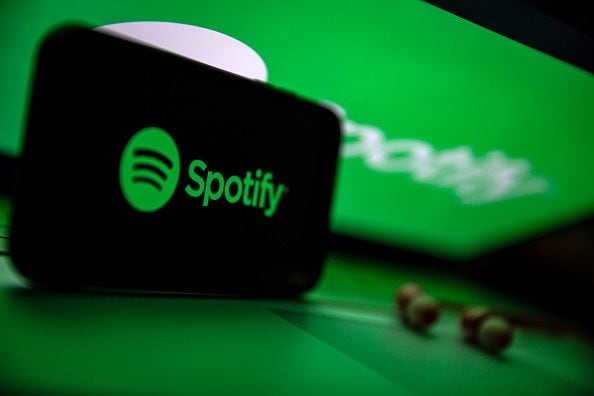
Google has announced that it will allow the use of alternative payment methods on the Play Store, its app store, games, books and movies.
It will be trial at first and limited to a very small number of developers, starting with Spotify.
As Mountain View explained, the pilot program called User Choice Billing, will allow the public to choose how to pay for an in-app purchase.
Therefore, they can choose a payment gateway that Google always offers or take advantage of a third-party option.
In this way, the Play Store will expand what is already available in Korea to other countries.
It should be remembered that last year the so-called anti-Google law was passed, which obliged the company (and Apple) to offer alternative payment methods in its app stores.
What Google is currently proposing can be seen as a nod to regulators, given the growing pressure in different parts of the world. However, the various payment details selected by the user have not yet been revealed; among them, the exact date of the launch and changes related to the payment of commissions.
Alternative payment methods arrive on the Play Store
As mentioned earlier, details about incorporating alternative payment methods into the Play Store are still unknown. While Google confirmed to TechCrunch that developers will continue to pay a commission no matter how many times they use a third-party payment gateway, no specific percentage was mentioned.
Like other app and digital content stores, Mountain View's market share could reach 30%. Last year, however, Californians announced that they would receive a 15% cut in app and subscription sales. Now it will be necessary to see how much more it is reduced for the implementation of other payment options; in South Korea, the decline did not exceed 4%, according to the aforementioned report.

Bringing alternative payment methods to the Play Store will take a few months, Spotify explained. Streaming service engineers will work together with Google on the first phase of this pilot program. “We anticipate the launch of the first iteration of User Choice Billing later this year,” they said.
It remains to be seen whether Apple will take the lead and make the same decision for the future. While the people of Cupertino were ordered to allow third-party payment platforms on the App Store, nothing has changed.
It should be noted that the company allowed developers to report alternative methods, but did not apply them in their applications. Meanwhile, Paddle was still generating interest as a possible competitor to Apple's system; according to its CEO, they have added more than 1,500 developers, while it has not yet started operations.

Why Google has chosen Spotify as its first ally
The inclusion of alternative payment methods in the Play Store is a move that many companies should have expected a long time ago, although perhaps none are as expressive about the subject as Spotify. In fact, the popular music and podcast streaming platform has also publicly negotiated with Apple about its policies around App Store.
According to Google, Spotify will allow users to buy their subscriptions and choose how to pay for them, either through the Play Store or the service's own method. The idea is that this capacity will reach the 184 countries where Spotify Premium is available, although the process will be gradual.

“As one of the world's largest subscription developers with a global footprint and integrations across a wide range of device form factors, they're a first natural partner. Together, we will work to innovate how consumers make in-app purchases, deliver engaging experiences across multiple devices, and attract more consumers to the Android platform,” Google explained of the partnership with Spotify.
The streaming service also arouses hope with the emergence of alternative payment methods in the Play Store. “Spotify has publicly advocated for equity in platforms and expanded payment options, among other things, because fair and open platforms enable better experiences for consumers and enable developers to grow and thrive; when this happens, everyone wins,” they guarantee.
KEEP READING
Últimas Noticias
Debanhi Escobar: they secured the motel where she was found lifeless in a cistern
Members of the Specialized Prosecutor's Office in Nuevo León secured the Nueva Castilla Motel as part of the investigations into the case

The oldest person in the world died at the age of 119
Kane Tanaka lived in Japan. She was born six months earlier than George Orwell, the same year that the Wright brothers first flew, and Marie Curie became the first woman to win a Nobel Prize

Macabre find in CDMX: they left a body bagged and tied in a taxi
The body was left in the back seats of the car. It was covered with black bags and tied with industrial tape
The eagles of America will face Manchester City in a duel of legends. Here are the details
The top Mexican football champion will play a match with Pep Guardiola's squad in the Lone Star Cup

Why is it good to bring dogs out to know the world when they are puppies
A so-called protection against the spread of diseases threatens the integral development of dogs




